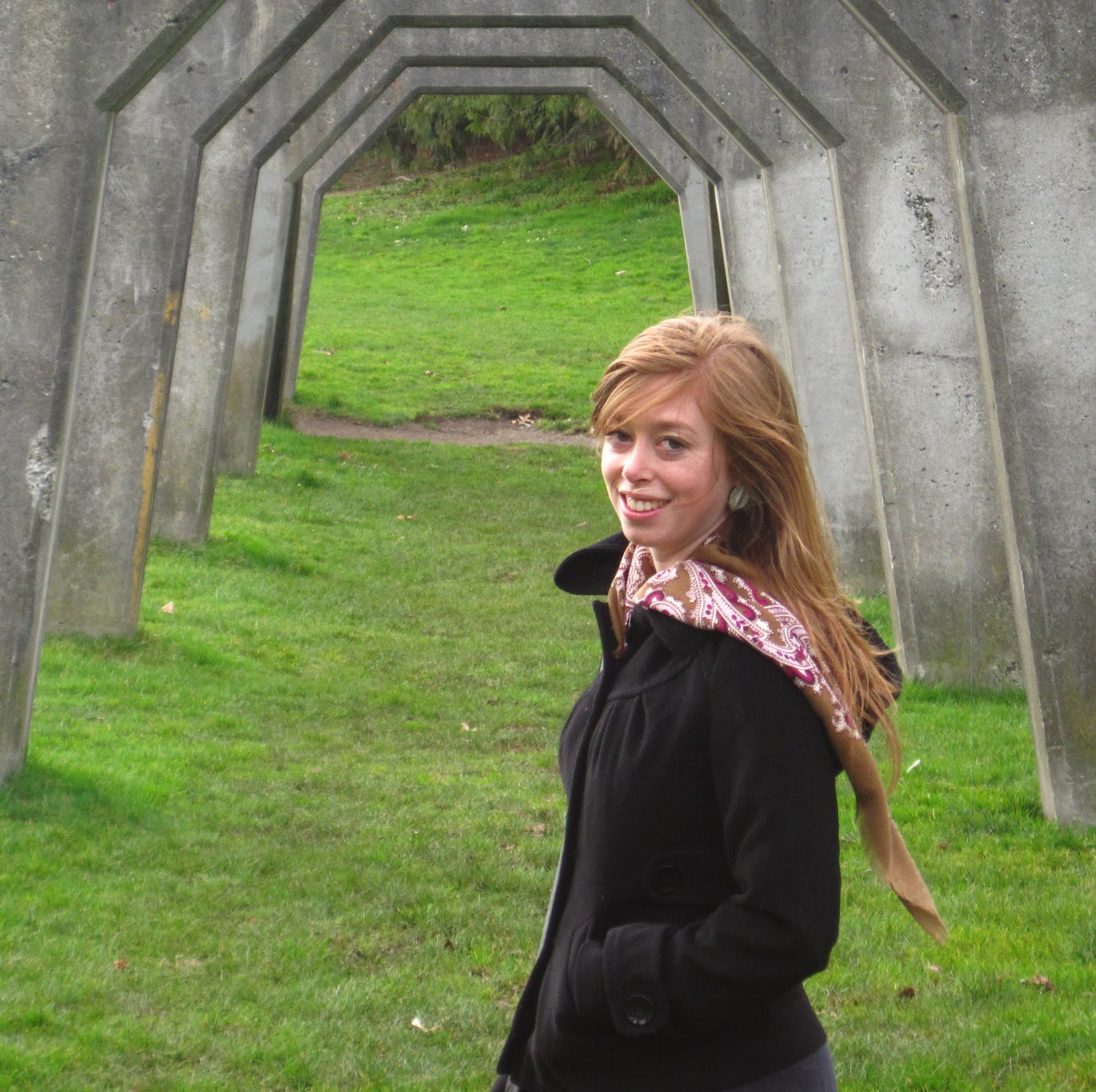Cara Delevingne Just Made an Amazing Point About Bisexuality

By:
The media does not always get it right when it comes to reporting on sexuality and gender, which as ATTN: has previously reported, are different and can be fluid. Media outlets have "outted" subjects, misidentified gender, or made offensive suggestions as in the case of supermodel-turned-actress Cara Delevingne. Vogue recently suggested that Delevingne's identified sexuality was merely a "phase."
When asked about this in a recent New York Times profile, the "Paper Towns" star did not mince words. "My sexuality is not a phase," Delevingne said. "I am who I am." Delevingne is currently dating Annie Clark, better known as the music artist St. Vincent.
In Delevingne's 2015 Vogue cover story, Rob Haskell wrote the following:
"Cara says she felt confused by her sexuality as a child, and the possibility of being gay frightened her. 'It took me a long time to accept the idea, until I first fell in love with a girl at 20 and recognized that I had to accept it,' she explains. 'But I have erotic dreams only about men. I had one two nights ago where I went up to a guy in the back of a VW minivan, with a bunch of his friends around him, and pretty much jumped him.' Her parents seem to think girls are just a phase for Cara, and they may be correct. 'Women are what completely inspire me, and they have also been my downfall. I have only been hurt by women, my mother first of all.
"'The thing is,' she continues, 'if I ever found a guy I could fall in love with, I’d want to marry him and have his children. And that scares me to death because I think I’m a whole bunch of crazy, and I always worry that a guy will walk away once he really, truly knows me.' When I suggest to Cara that to trust a man, she might have to revise an old and stubborn idea of hers—that women are perennially troubled and therefore only women will accept her—her smile says she concedes the point."
This passage not only received criticism from Delevingne, but also sparked an online petition, calling for Vogue to apologize to the actress. As of this writing, the petition has over 21,500 signatures. Petition author Julie Rodriguez wrote:
But instead of the praising Cara for her honesty and holding her up as a role model for the LGBT community, the author of the piece, Rob Haskell, wrote this: 'Her parents seem to think girls are just a phase for Cara, and they may be correct.'
He goes on to suggest that she is only dating women due to a troubled relationship to her mother and urges her during the interview to learn to “trust men.” The idea that queer women only form relationships with other women as a result of childhood trauma is a harmful (and false) stereotype that lesbian and bisexual women have been combating for decades. How could Vogue’s editorial staff greenlight this article and publish it without anyone raising concerns about this dismissive and demeaning language?
The issue, of course, is that Vogue's phrasing questions Delevingne's identified sexuality (bixsexual), dismisses it as a phase, and in the process, reinforces the problematic belief that identifying as queer is not "normal"—a stigma the bisexual community consistently battles against.
And of course being queer, questioning, transgender, lesbian, gay, or in the case of Delevingne, bisexual, is perfectly normal. As the organization Advocates for Youth puts it:
"Yes, it is perfectly natural for some people to be bisexual and to feel attracted to people of their own gender and another gender. Sexual feelings towards women, men, transgender people, and genderqueer people are perfectly natural and normal for bisexual people. In the United States, society does not encourage bisexuality, and that can make accepting your bisexuality more difficult. But just like lesbians, gays, and straight people, you are perfectly normal."
Rather than questioning whether Cara's sexuality is a phase, we should be thrilled that her openness has the potential power to make other young people feel the acceptance they deserve.
